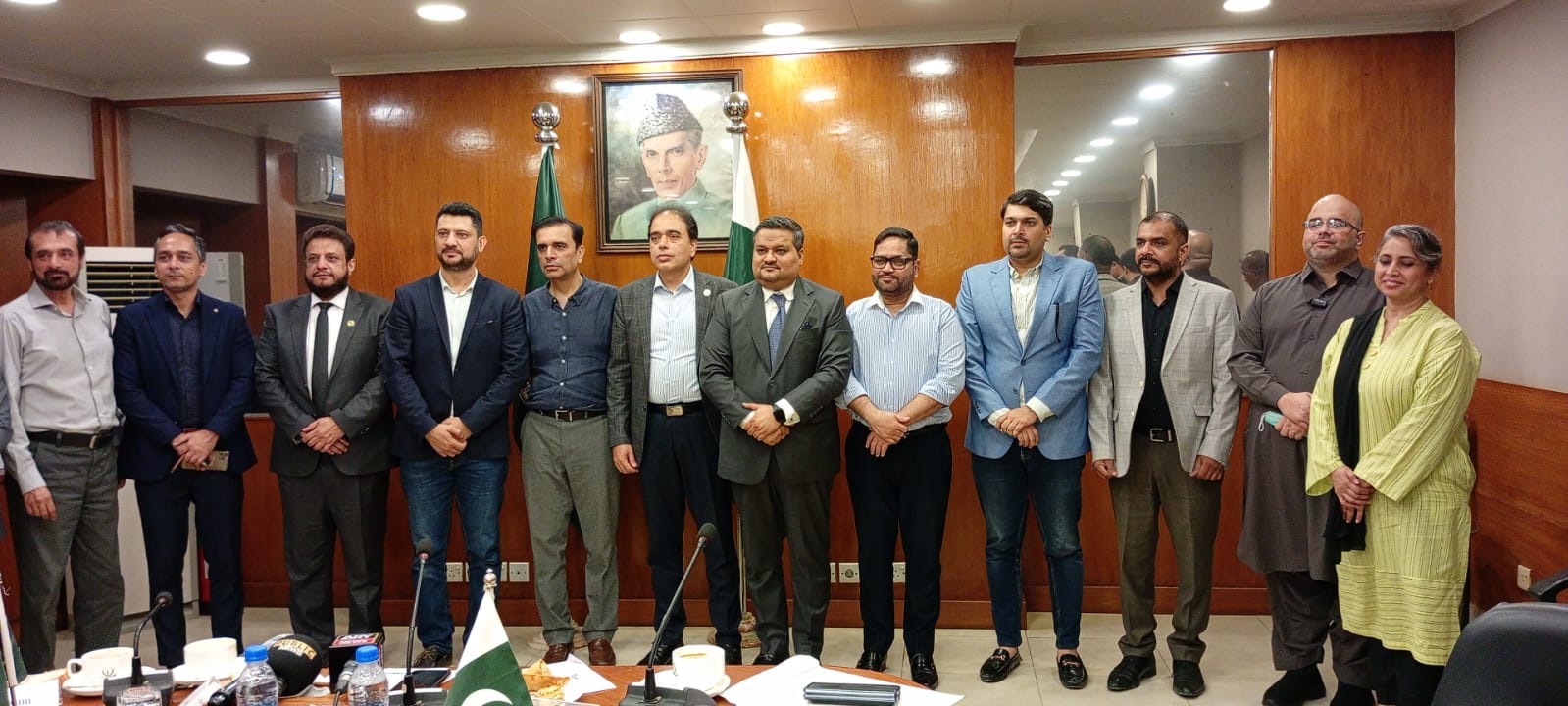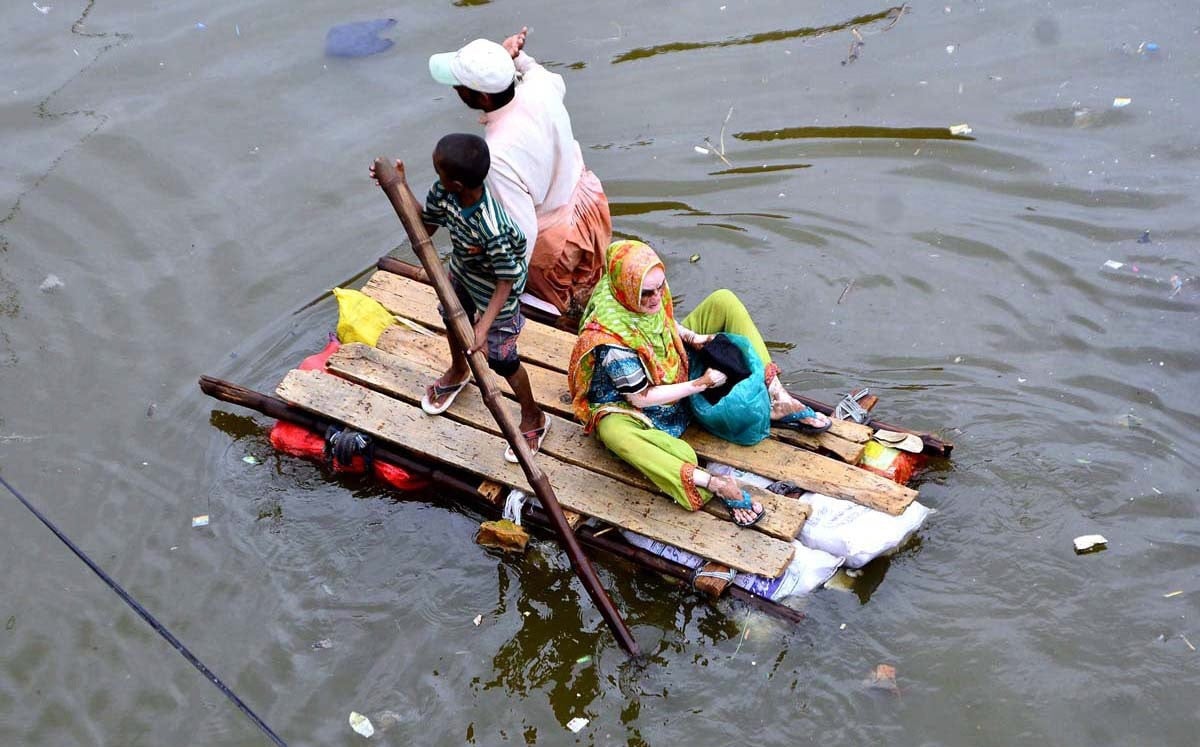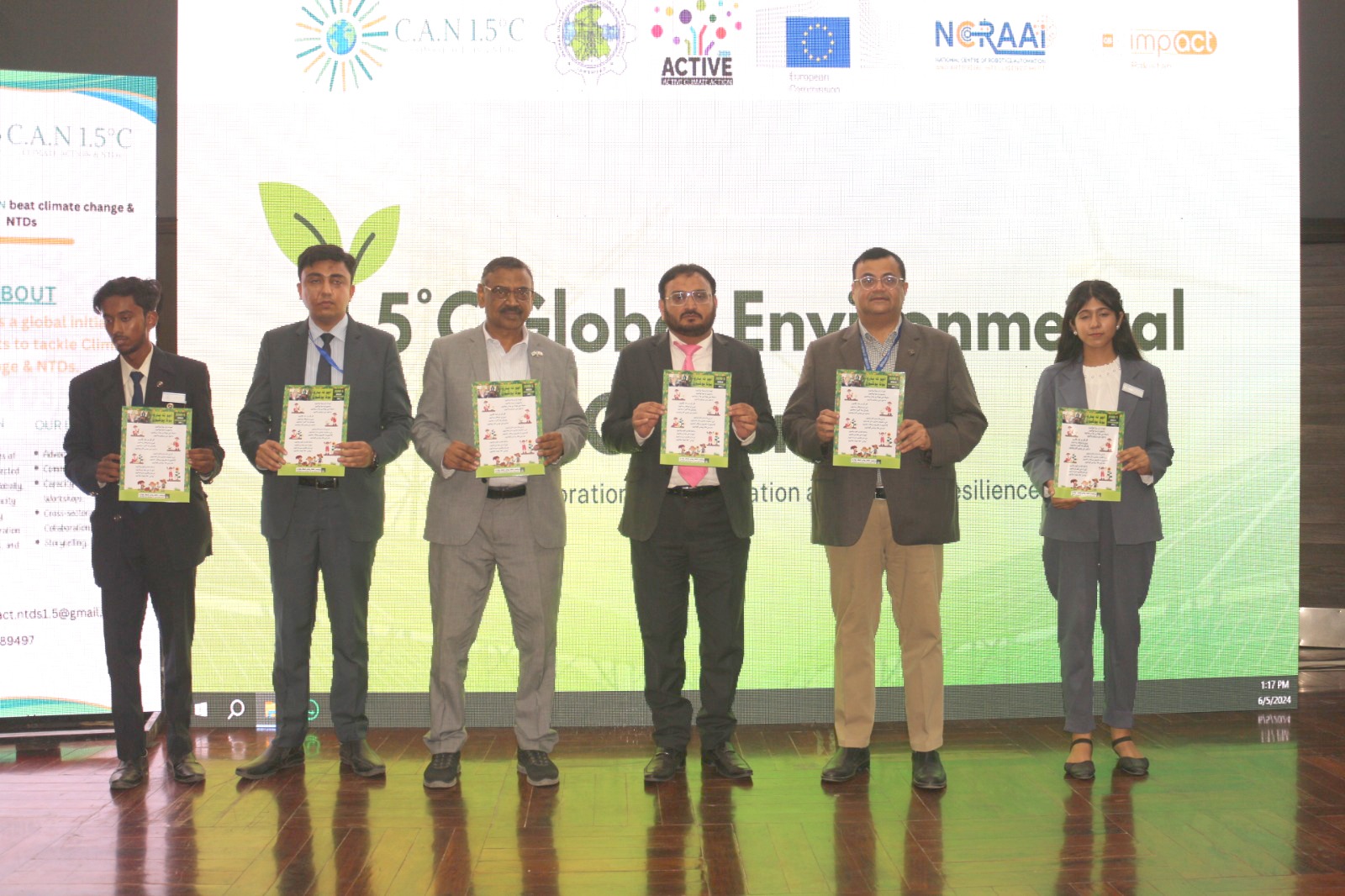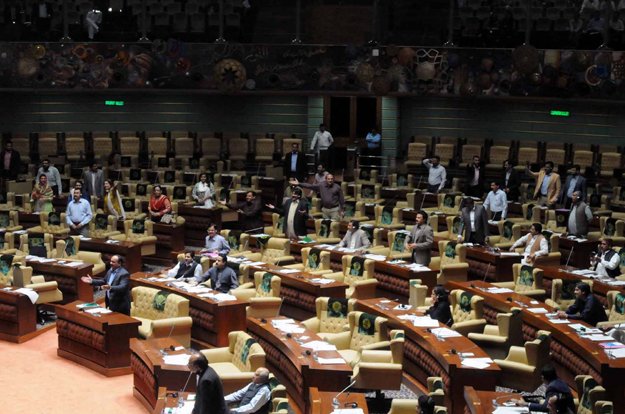Tax burden on salaried class may lead to brain drain: P@SHA Federal budget to stifle growth, innovation
The Pakistan Software Houses Association (P@SHA) voices strong concerns about the recently announced Federal Budget 2024-25, stating it will worsen […]




